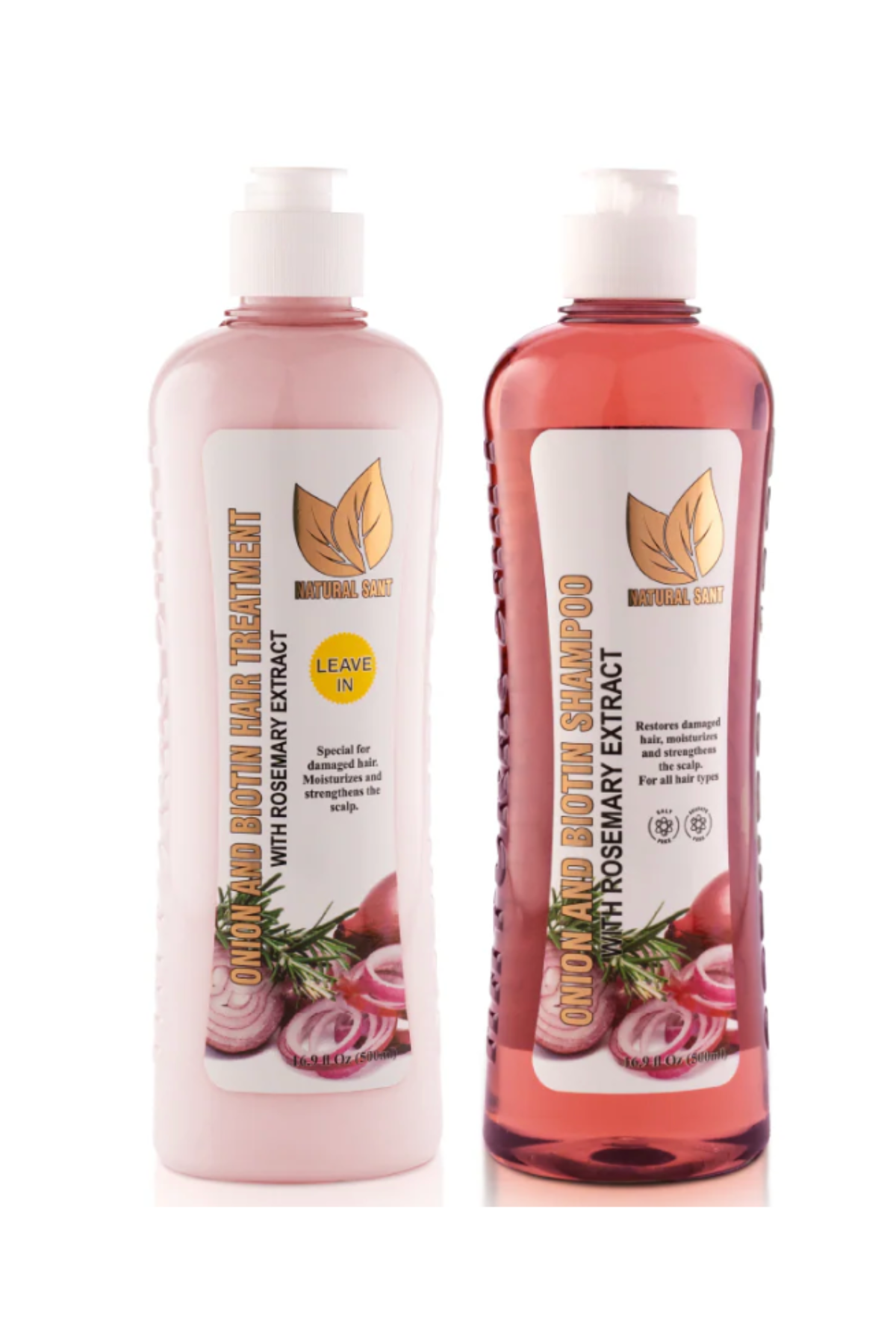TikTok Can’t Stop Crying Over the “Miracle” of Onion Juice for Stronger, Healthier Hair
The experts set the record straight on the stinky hair growth remedy—and it's surprising.

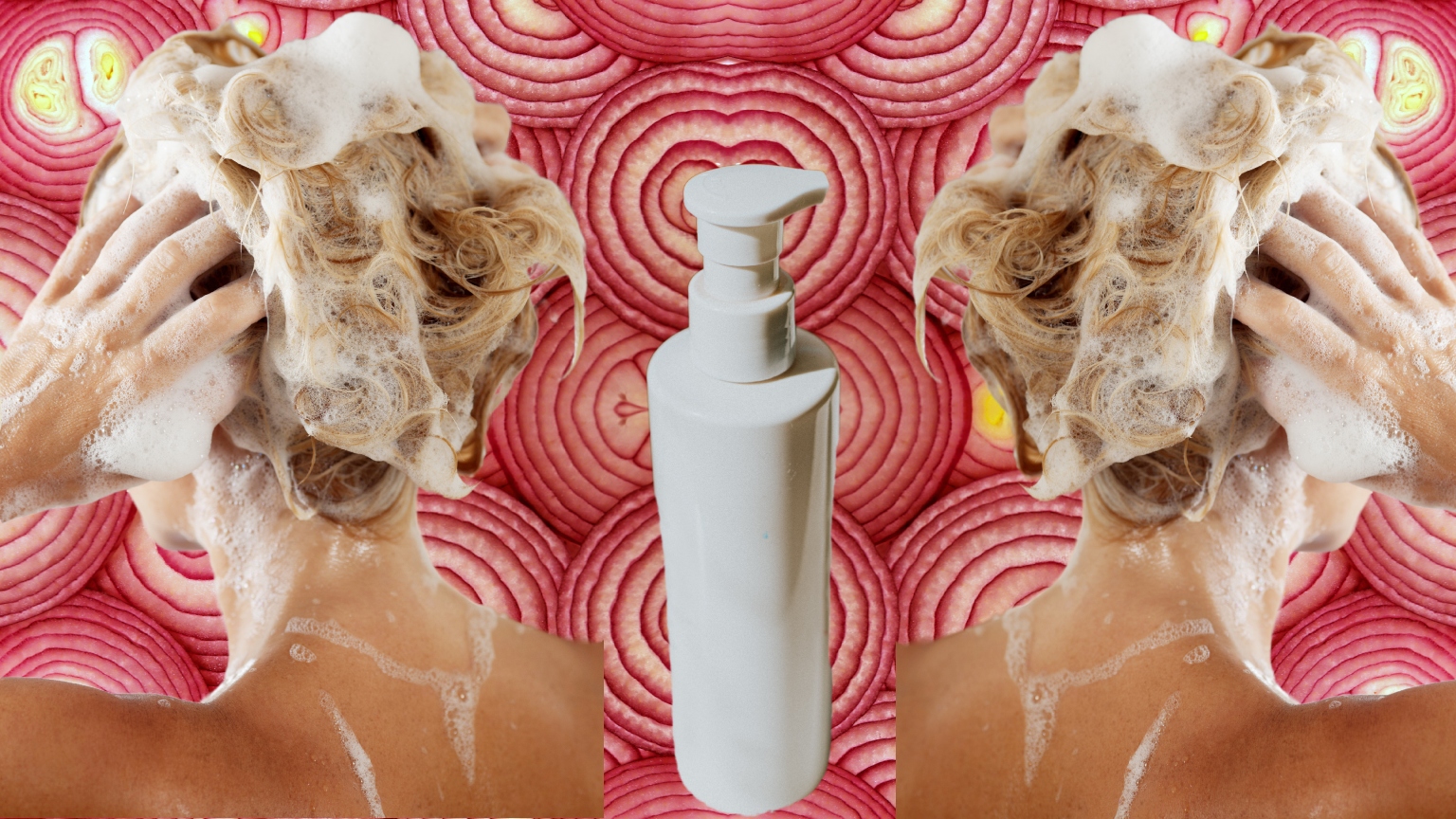
Select the newsletters you’d like to receive. Then, add your email to sign up.
You are now subscribed
Your newsletter sign-up was successful
Want to add more newsletters?
As someone willing to do whatever it takes to grow longer, healthier strands, I’ve been spending a lot of time on #HairTok, where the latest obsession is onion shampoo. While most people are searching for shampoos with onion as the hero ingredient to promote hair growth, some TikTok users are taking it a step further by blending onions into a DIY oil and applying it directly to their scalps. According to Spate, interest in onion shampoo is up 106.8% on Google search, with TikTok content around the trend pulling in an average of 3.1 million weekly views. While I was initially surprised, I’m no stranger to at-home remedies. Growing up, my mom would whip up hair concoctions with eggs or blended papaya, all in the name of stronger, shinier hair. But onions? Those were never in our lineup. But as it turns out, onions in hair care have been around for a while, with roots in Ayurvedic tradition.
Before you start chopping away in your kitchen (and inevitably crying off your mascara), I had to ask the experts: Is there any scientific evidence behind using onions for hair growth? Is it safe to use onions directly on the scalp? And is this really the best option when it comes to boosting overall hair health? Read all about it below, plus a few onion-infused products worth trying, per the experts.
What the Science Says About Onions for Your Hair
According to Brendan Camp, MD, double board-certified dermatologist, a 2002 study compared onion juice (not to be confused with onion oil) to tap water in patients with alopecia areata, an autoimmune condition that causes patchy bald spots. Unsurprisingly, the tap water did very little. But in the onion group, 86.9 percent of participants experienced some hair regrowth after six weeks, compared to just 13 percent in the tap water group. Lauren Moy, MD, double board-certified facial plastic surgeon and dermatologist, notes that not all study participants completed the trial, further underscoring the need for updated research. Current evidence only supports onion juice as a potential treatment for alopecia areata, not for other forms of hair loss.
By reducing oxidative stress, onion extract may lower inflammation in the scalp and protect the hair follicles.
Jay Small, a trichologist, explains that alopecia areata results from autoimmune activity and is distinct from other types of shedding, such as postpartum hair loss, female pattern baldness, or telogen effluvium (the shedding phase of the hair growth cycle). This distinction is key: while onion juice showed promise in the trial, the findings do not apply to more common causes of hair loss.
Can Onions Help With Hair Growth?
Dara Spearman, MD, a board-certified dermatologist, clarifies that onion oil itself does not directly stimulate hair growth. However, she has seen patients report improvements in scalp health, which may support healthier growth over time. Along with Dr. Camp, she points to onion’s natural antioxidant content as one of its potential benefits. Antioxidants help neutralize free radicals, which are unstable molecules that can damage cellular structures like DNA, lipids, and proteins. By reducing this oxidative stress, onion extract may lower inflammation in the scalp and protect the hair follicles. It may also improve circulation to the scalp, which in turn helps deliver oxygen and nutrients to the follicles. This matters because healthier, better-nourished follicles are more likely to stay in their growth phase longer, which can reduce shedding and support thicker, stronger strands.
Onions are also rich in sulfur-containing compounds, which can be beneficial for your hair. Dr. Moy explains that sulfur is essential for the production of keratin and collagen, both of which influence the structure, strength, and resilience of hair. It also has antibacterial properties that may reduce scalp inflammation or fight off minor infections that can compromise follicle health. Small adds that because sulfur is a key building block of keratin, it contributes directly to the integrity of each strand. In other words, a scalp environment rich in sulfur may promote stronger hair growth and help minimize breakage.
Are Onions for Hair Growth Worth a Try?
Onions are rarely the first choice for hair growth treatments. “Most people, or my patients, tend to try rosemary oil, minoxidil, or oral supplements first,” says Dr. Spearman. These options are easier to shop, have more published data behind them, and come in formats that feel more approachable than rubbing onion juice onto the scalp.
Get exclusive access to fashion and beauty trends, hot-off-the-press celebrity news, and more.
Dr. Moy notes that hair loss itself can be caused by a wide range of underlying medical conditions, which is why she recommends seeing a board-certified dermatologist first to rule out other factors before experimenting with at-home remedies.
There [is] a fascination with 'strange' beauty ingredients like snail mucin and salmon sperm, so it's no surprise that onions have made their way from the cutting board to the bathroom shelfie.
So what do dermatologists actually recommend? For proven results, Dr. Spearman points to topical minoxidil, an over-the-counter treatment (you might know it as Rogaine) with a large body of evidence supporting its use. More natural alternatives like rosemary oil or pumpkin seed oil are popular, though they do not have the same level of clinical research. Dr. Moy also highlights at-home red light therapy as another safe, FDA-cleared option that stimulates follicles through increased cellular activity and blood flow. “People often tolerate it alongside treatments like minoxidil, and while results take time and consistency with low-level laser therapy, it is a safe and effective option,” she explains. For those seeking more dramatic outcomes, in-office procedures such as PRP (platelet-rich plasma) injections may be worth exploring with a dermatologist.
Why Onions and Why Now?
Still, the question remains: why are people reaching for onions at all? For many, it comes down to frustration with over-the-counter options that haven’t delivered. On TikTok, dramatic before-and-after GRWM videos claiming less shedding, thicker hair, and healthier scalps have fueled curiosity and made the ingredient seem worth a try. And recently, there has been a fascination with “strange” beauty ingredients like snail mucin and salmon sperm, so it's no surprise that onions have made their way from the cutting board to the bathroom shelfie.
While it may sound like a fad, akin to rubbing lemon juice on your face to brighten [editor's note: please don't do that], there are plenty of people insisting it works. The studies just aren't there yet, but if enough people continue to experiment, more brands are likely to release onion-based products and that will hopefully fuel additional research. If you're still curious to try it (we've all been there), Dr. Spearman recommends sticking with products formulated with onion extract rather than raw onion juice or oil. “The odor alone can be a dealbreaker, and it is easier and more efficient to use a ready-made formula.” She adds that irritation and allergic reactions are still possible, especially for those with sensitive skin, which makes patch testing essential.
The most promising products, she explains, are those that combine onion extract with other beneficial ingredients such as antioxidants to reduce scalp inflammation, natural oils like rosemary or castor to condition, or stimulators like caffeine or biotin to encourage circulation and follicle strength. Since ingredients are listed in descending order of concentration, what appears at the top of the label matters most, both in terms of effectiveness and the potential to irritate.
Still curious to try out onion-based products to promote hair growth and overall health? Keep scrolling for a few recommendations from the experts.
Shop Onion Products for Hair Growth
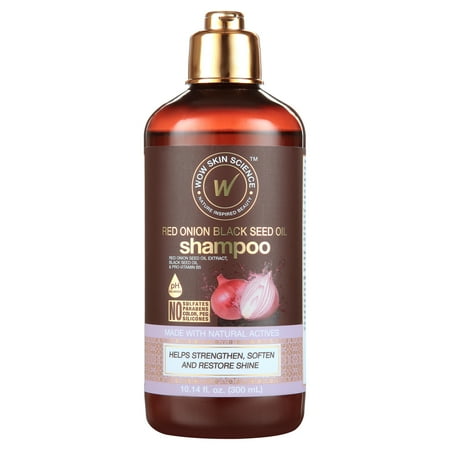
According to Dr. Spearman, “This prouct looks like a great option for those who may be dealing with hair loss or thinning.” She notes that it is formulated with ingredients like pure onion and black seed extract, which can help remove buildup from the scalp and, in turn, stimulate it for hair growth. At under $20, it’s worth trying—if only to say you did.
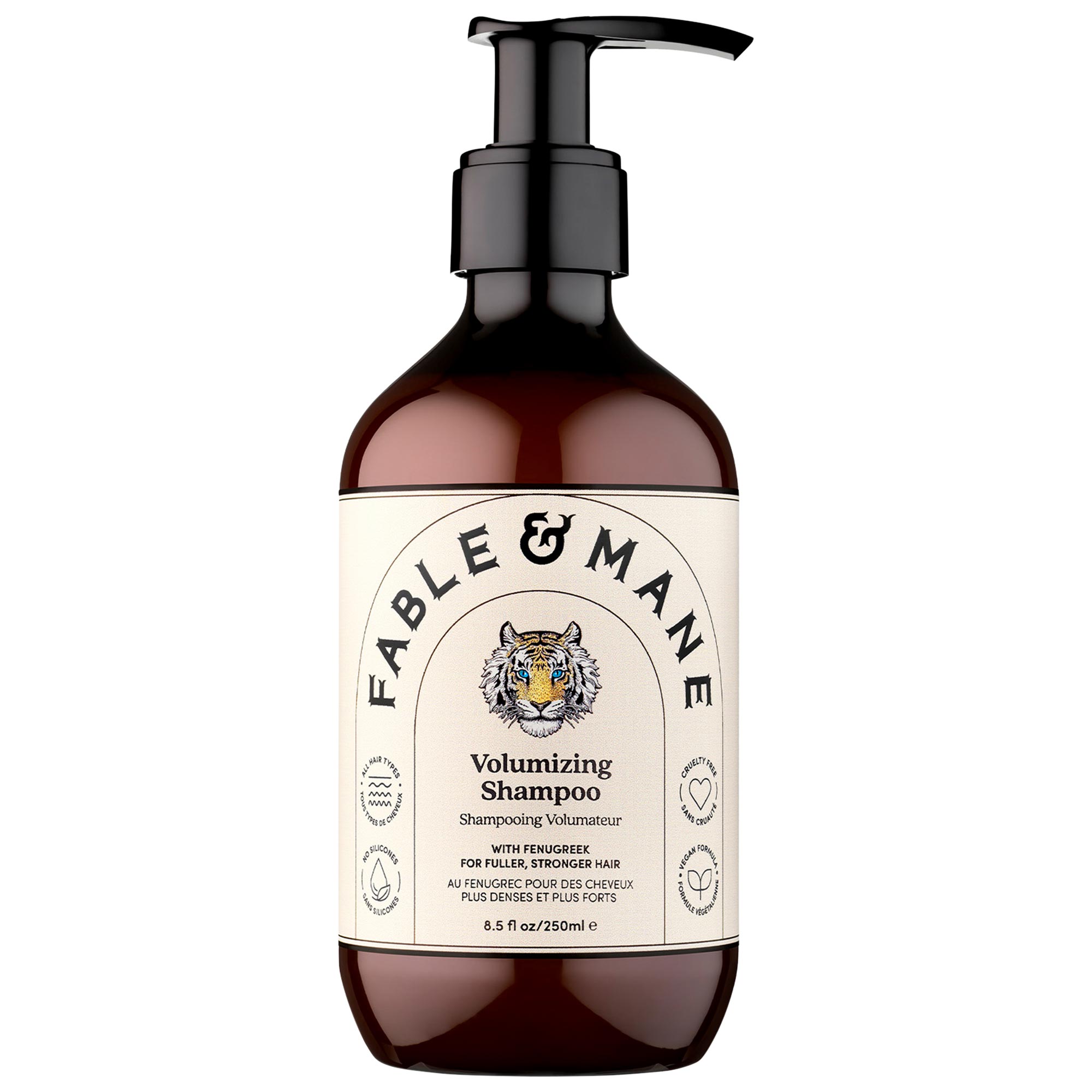
An Ayurvedic brand, Fable & Mane uses onion juice (not oil), referring to it as an Ayurvedic hair-strengthening hero that nourishes the scalp to promote healthy hair growth. Featured alongside fenugreek and amla, which are botanicals rich in antioxidants and nutrients, Dr. Camp explains that onion is included in this volumizing shampoo to leave hair soft, hydrated, and fortified. And thankfully, you won’t smell like you just made dinner; instead, it carries a warm, spicy scent with notes of Indian saffron, nutmeg, and midnight rose damascena.
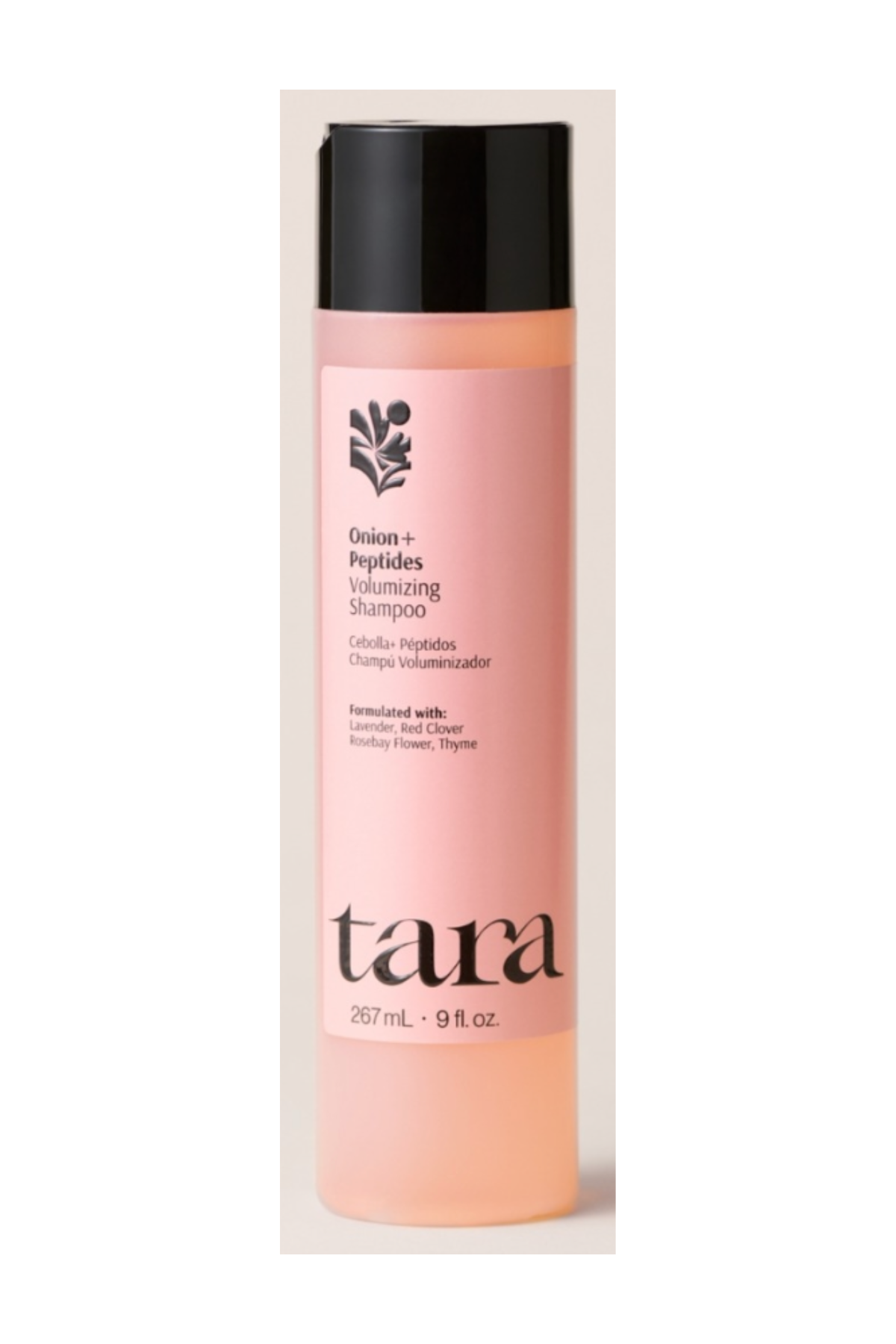
Safe for chemically and color-treated hair, Dr. Camp says this onion extract and peptide shampoo is designed to protect scalp health, combat dryness, and enhance nutrient delivery to hair follicles—all without leaving any trace of onion in the hair.
Why Trust Marie Claire
For more than 30 years, Marie Claire has been an internationally recognized destination for news, fashion, and beauty trends, investigative packages, and more. When it comes to the products Marie Claire recommends, we take your faith in us seriously. Every product that we feature comes personally recommended by a Marie Claire writer or editor, or by an expert we’ve spoken to firsthand.
Meet the Experts
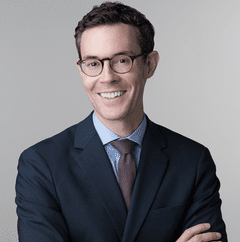
Dr. Brendan Camp is a double board-certified dermatologist at MDCS Dermatology in New York. He specializes in medical conditions like acne, rosacea, eczema, warts, psoriasis, moles, and skin cancer, as well as cosmetic treatments such as Botox, filler, laser treatments, and skin rejuvenation. Dr. Camp graduated with honors from Cornell University before completing medical school at SUNY Upstate Medical University in Syracuse, NY.
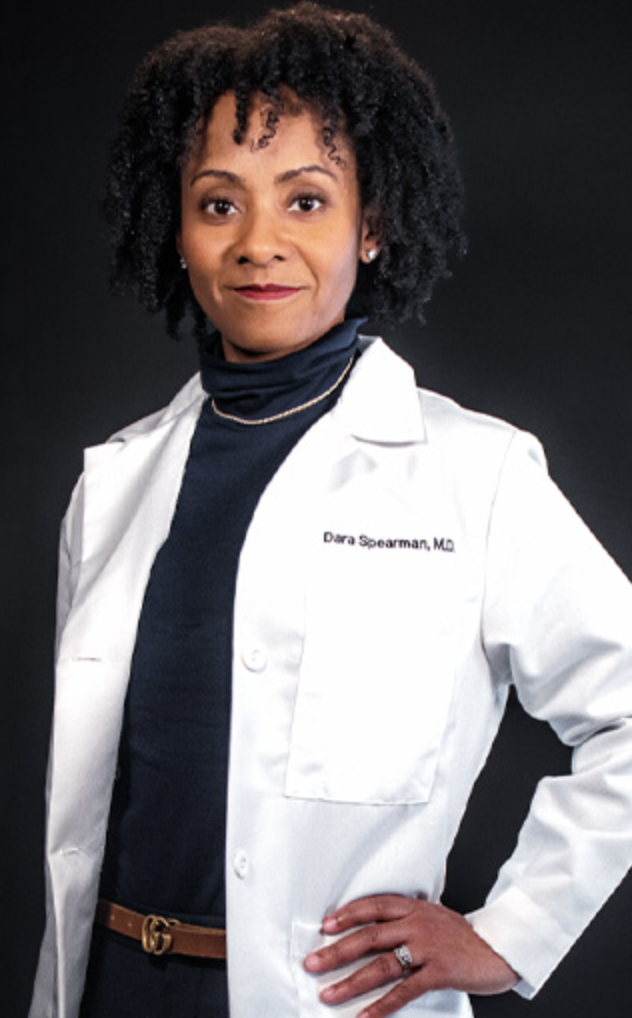
Dr. Dara Spearman is a board-certified dermatologist at Radiant Dermatology Associates in Fort Wayne, IN. She attended medical school at the University of Michigan, where she also completed her dermatology residency.
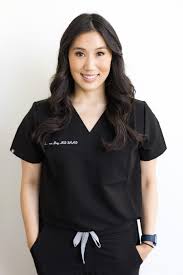
Dr. Lauren Moy is a board certified, fellowship-trained dermatologist. Dr. Moy is proud and excited to follow in her world-renowned father Dr. Ronald Moy’s footsteps. As one of the leading cosmetic and facial plastic surgeons in Los Angeles, Dr. Lauren Moy is also a diplomate of the American Board of Dermatology, American Academy of Facial Plastic and Reconstructive Surgery, American Board of Facial Cosmetic Surgery, and has publications in more than 20 scholarly articles. As a board-certified dermatologist and dermatologic surgeon specializing in Mohs surgery, she also specializes in facial plastic and reconstructive surgery, laser procedures, liposuction, hair loss, and general and cosmetic dermatology. Following her world-renowned father’s footsteps, Dr. Lauren Moy received her M.D. from Albany Medical College in a combined medical program and completed her dermatology residency at Loyola University where she served as chief resident. She completed her Mohs Surgery and Cosmetic Surgery fellowship at Moy-Fincher-Chipps Facial Plastics and Dermatology, and is board certified as a Mohs surgeon and facial plastic cosmetic surgeon.
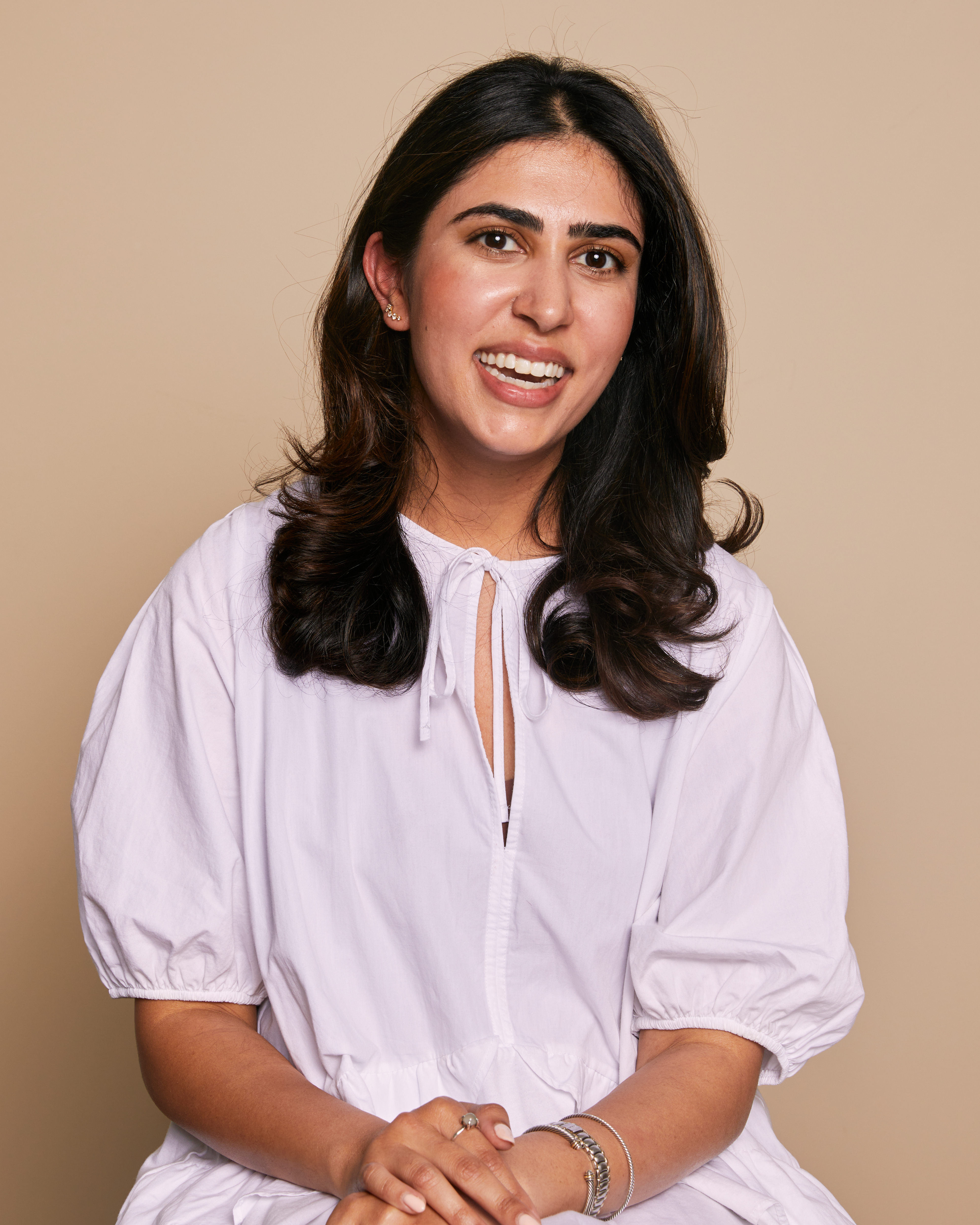
Iman Balagam is a New York-based freelance writer with several years of experience covering the beauty industry. Balagam's writing has been featured in editorial outlets like Cosmopolitan, Teen Vogue, Byrdie, and Harper's Bazaar.
